If you’re a cat owner, knowing which houseplants can be toxic to cats is essential. While some plants are safe for them, others could be potentially dangerous. This article will look at some common household plants that contain toxins that can be harmful if ingested by cats, as well as advice on keeping your pet safe around these florae. Everyone should be aware of the risks posed by these plants and take preventive measures to keep their cats safe.
Contents
Houseplants That Are Toxic To Cats
It’s no secret that cats love nibbling on plants, so it’s essential to know which can cause illness. Below is a list of some common houseplants that may be toxic to cats:
Lilies
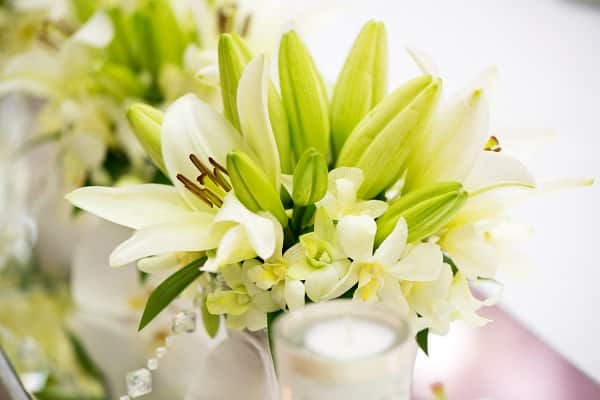
Lilies are an incredibly popular houseplant, and for a good reason – they’re charmingly elegant and incredibly easy to care for. Unfortunately, lilies are toxic to cats. Not only could a feline companion ingesting a lily flower hurt them internally, but coming into contact with certain parts of the plant (most notably its pollen) can also cause irritation on their skin and in their eyes – potentially leading to other dangerous or fatal conditions if left untreated.
Therefore, it’s best to avoid keeping lilies around cats. Although it may be hard to resist such an attractive flower, plenty of other plants provide the same beauty your house needs without risking hairmates’ safety.
Aloe Vera

Aloe Vera is a commonly found houseplant that is popular due to its beautiful green leaves and medicinal properties. However, many people don’t realize that Aloe Vera is toxic to cats if ingested. While it’s true that the sap of this succulent doesn’t cause serious harm, consuming it can still lead to vomiting, diarrhea, and in worse cases, obstruction of the intestines as it contains anthraquinone glycosides.
If you suspect your cat has eaten any part of an Aloe Vera plant, it’s essential to take them to the vet immediately for proper treatment. Since cats sometimes like to explore their environment with their mouth, keeping any Aloe Vera plants far out of reach may be for the best.
Pothos
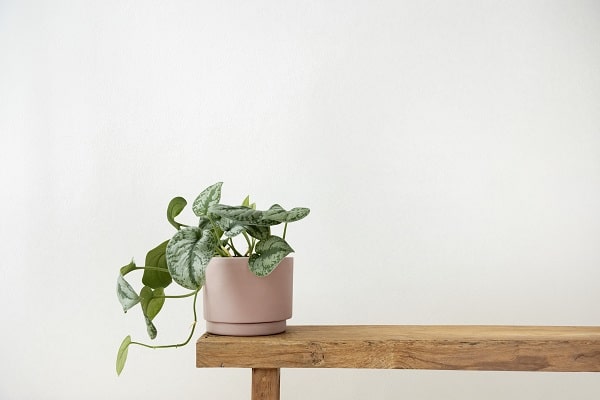
Pothos is a gorgeous trailing houseplant, but unfortunately, it can be extremely dangerous for cats. When ingested, all parts of the pothos plant are toxic and can cause vomiting, respiratory issues, and more severe symptoms in cats. For this reason, if you have a feline companion in your home and you want to add a touch of greenery to your home decor, you should choose other plants that won’t be hazardous to your pet’s health.
If a cat consumes part of a pothos plant, seek veterinary help immediately. Research any houseplants thoroughly before adding them to your home to protect your cat and yourself from accidental ingestion or injury.
Jade Plants
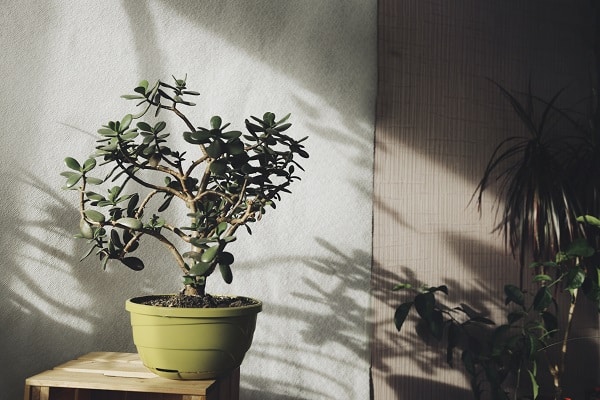
The jade plant, also known as the money tree, is a popular houseplant with upright branches and thick, glossy green leaves. Unfortunately, these plants can be dangerous to cats. They contain the toxin saponin, which, when eaten by cats, can cause vomiting and diarrhea in some cases.
It’s essential to keep jade plants away from your feline friends and ensure they don’t try to eat them since this could result in severe illness or even death. If you have cats and want to display a jade plant at home, ensure it’s placed high enough that the cat won’t reach it.
English Ivy
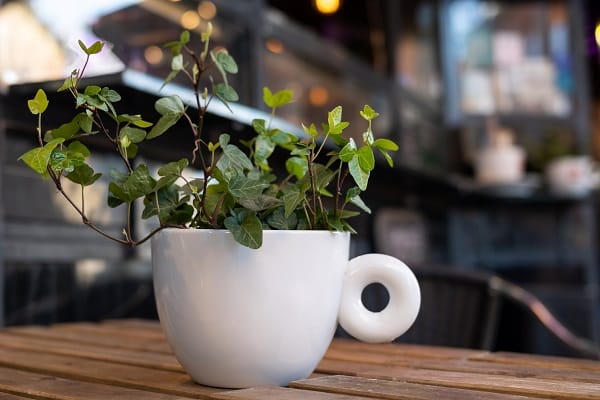
English ivy is an attractive houseplant, but it should be enjoyed from a distance if you have cats. It contains toxic triterpenoid saponins, which can harm felines if ingested, leading to drooling, vomiting, and diarrhea. Ingesting even small amounts can cause mouth and throat irritation.
Although all parts of the plant are poisonous, cats are often attracted to its shiny leaves, so extra caution should be taken with this one. Opt for cat-friendly options like spider plants if you have cats around the home and still want a lush green touch of foliage.
Snake Plant
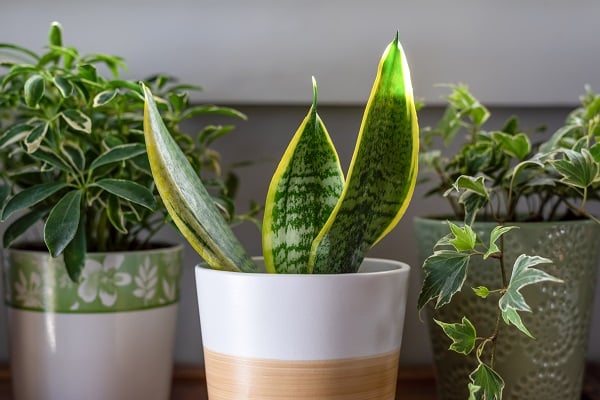
The Snake Plant is a popular houseplant, often kept indoors for a pop of greenery and air purification benefits. However, it is important to know that this plant can harm cats if ingested. Snake Plants contain saponins, which are toxic to felines and can cause severe abdominal pain, vomiting, and diarrhea. Pet owners should take extra care to keep these plants out of curious kitty’s reach, as exposure can lead to depression and anorexia in cats.
Luckily, the plant is relatively easy to identify with its long, upright leaves that rise up from its pot with vibrant yellow edges atop. While it is an attractive addition to any room décor, those with felines are well advised against introducing this species into their home.
Sago Palm

The Sago Palm is a common and beautiful houseplant, but unfortunately, it is highly toxic to cats. If a curious cat ingests the plant, it can suffer from severe symptoms such as vomiting, diarrhea, and even loss of appetite. In some more severe cases, liver failure can occur and require immediate medical care.
Cat owners need to research potential plants before bringing them into their home—while the Sago Palm may look lovely in the room, it can be significantly dangerous for their pet.
Common House Plants That Are Non-Toxic To Cats
Now that you know which plants are toxic to cats, it’s time to learn about some that won’t harm your feline friends. Here are a few of the safest houseplants for cats:
Spider Plant: The spider plant is one of the best choices for pet owners. It can grow in plenty of light and will thrive with minimal maintenance. Plus, its long, thin leaves are a great air purifier.
Parlor Palm: The Parlor Palm is an attractive plant that won’t hurt your pet if eaten. It requires moderate amounts of sunlight and occasional watering to keep it healthy.
Rattlesnake Plant: The Rattlesnake Plant is an excellent choice for cats, as it requires minimal care and won’t harm your pet if eaten. It also purifies the air and can tolerate low light conditions.


